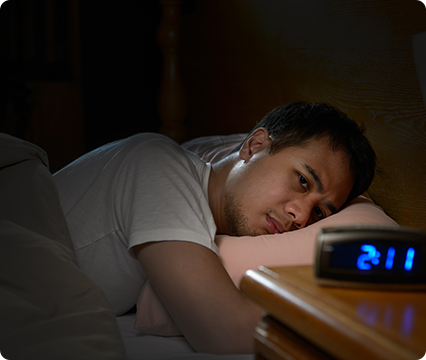The effects of individual circadian rhythm differences on insomnia, impulsivity, and food addiction
This 2019 study tests the relationship between circadian rhythm differences and food addiction (via insomnia and impulsivity) in university students. The idea is that a person can be identified as being part of a certain chronotype (feeling more efficient in the morning or later in the day for example) using a variety of behavioral, psychological, and biological variables such as appetite levels, regular meal times, sleep times, and melatonin secretion. To obtain these psychological data of the 1323 university students that enrolled, Kandeger et al. used the Morningness-Eveningness Questionnaire, Insomnia Severity Index, Barratt Impulsiveness Scale Short Form, and Yale Food Addiction Scale. The results indicated that evening types (those who feel higher efficiency later in the day) were more susceptible to experiencing insomnia and impulsivity. There was no significant linear relationship between circadian rhythm differences and food addiction. But the study highlights the finding that evening-type circadian preferences was indirectly related to higher food addiction scores mediated by insomnia and impulsivity. [NPIDs: insomnia, sleep, sleep quality, sleep duration, circadian rhythm, food addiction, impulsivity, chronotype, appetite, meal times, melatonin]
Year: 2019
 Navigation
Navigation






